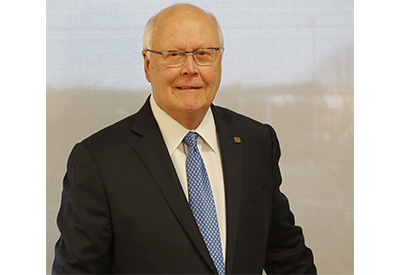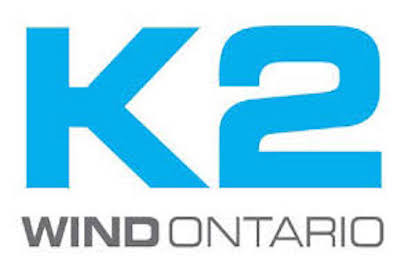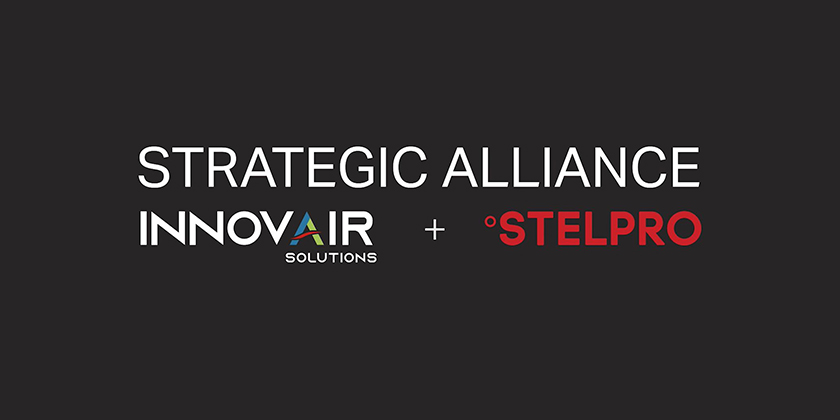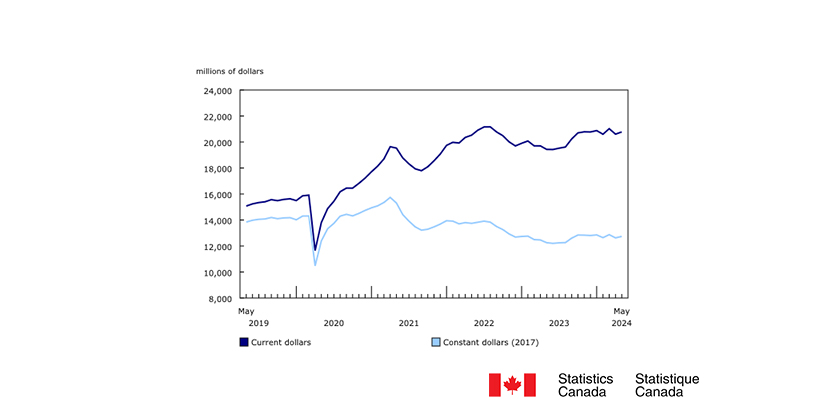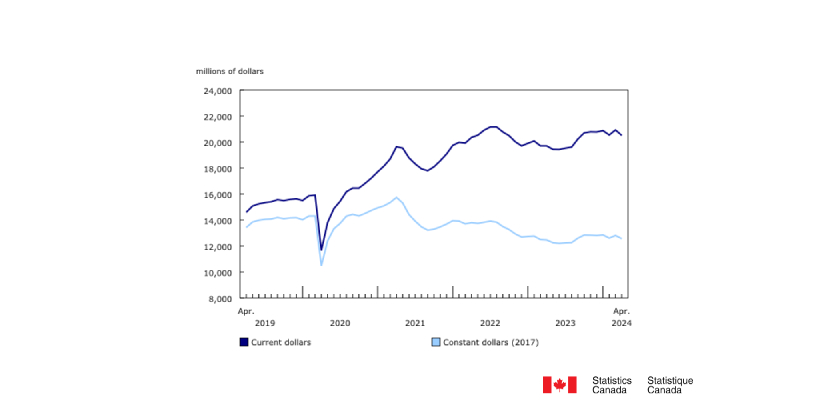Nova Scotia Power Intelligent Feeder Project Testing Tesla Battery Technology
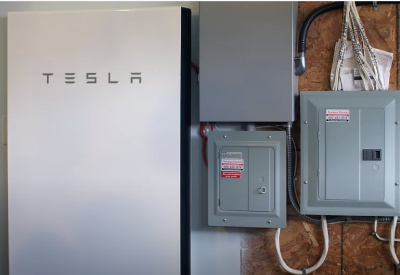
March 29, 2021
In the community of Elmsdale, Nova Scotia Power is working with customers and industry leaders to examine how battery technology and microgrids can help us better serve our customers. Dubbed the “Intelligent Feeder Project,” this pilot project is helping NB Power understand how batteries can help us use renewable energy more efficiently, while providing back-up power to customers during power outages – so they essentially don’t experience the outage!
NB Power installed residential Tesla batteries at 10 homes in Elmsdale and a grid-sized battery (it’s as big as a shipping container) at the local substation. The batteries are connected to a power line, known as a “feeder,” that receives some of its electricity from a wind farm a few kilometres away. The biggest challenge with wind energy is that you can’t control when the wind will blow, or how strongly, so generation doesn’t match customer demand. The substation battery in Elmsdale enables us to store power generated at the nearby wind farm and then supply that electricity to the grid to match customer demand.
Plus, during power outages, the residential and substation batteries create an independent “microgrid” so that local service isn’t interrupted. Capacity is limited by the battery size, however, customers in the test group have been able to power crucial appliances and electronics for close to 20 hours during outages conditions.
Tech specs:
- 10 Tesla Powerwall 2 (5 kW/13.5 kWh) residential batteries
- 1 grid-sized Tesla Powerpack (1.225 MW/2.45 MWh)
Partners:
- Opus One Solutions, providing the software that monitors electrical system activity and optimizes battery usage
- Sustainable Development Technology Canada





